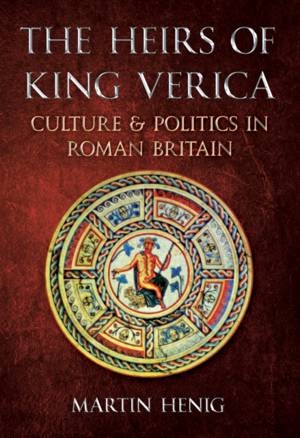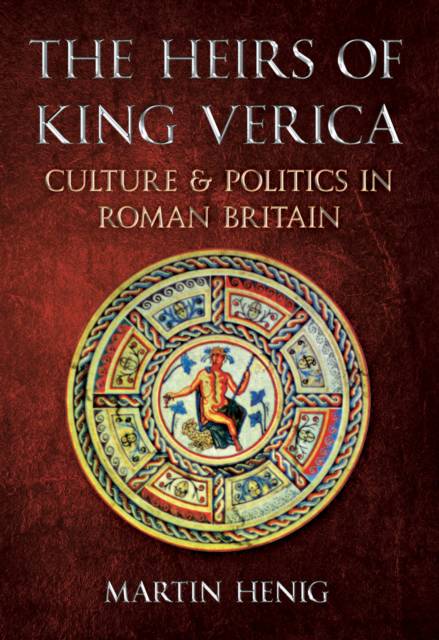
- Afhalen na 1 uur in een winkel met voorraad
- Gratis thuislevering in België vanaf € 30
- Ruim aanbod met 7 miljoen producten
- Afhalen na 1 uur in een winkel met voorraad
- Gratis thuislevering in België vanaf € 30
- Ruim aanbod met 7 miljoen producten
Zoeken
€ 26,95
+ 53 punten
Omschrijving
Britain is traditionally considered to have been conquered by the Romans in AD43. In fact the intervention took place because an important faction of the Atrebates tribe under King Verica persuaded the Emperor Claudius to intervene against other Britons who had invaded its territory. Central southern Britain was liberated by a forced landing in Chichester harbour and thereafter remained largely free from the influence of the Roman army. It became Roman under the patronage of a powerful high king, Tiberius Claudius Togidubnus. Cultural and artistic life flourished, melding Celtic and Roman features into a brilliant new civilization which reached its apogee in the fourth century, when the former protectorate became Britannia Prima with its capital at Cirencester. After the early fifth century, the cessation of coinage made the financing of public buildings, villas and associated works of art impossible, but something survived of Roman Britain in the distinctive British Latin, the insular version of Christianity and the style of minor works of art. In a real sense Britannia Prima was the predecessor of Alfred's Wessex. This revolutionary interpretation of British life in the first millennium AD, beginning with Verica's flight and ending with Alfred and Bishop Asser, is presented as the Roman Britons (well versed in Ovid and other Roman writers) would doubtless have seen it.
Specificaties
Betrokkenen
- Auteur(s):
- Uitgeverij:
Inhoud
- Aantal bladzijden:
- 160
- Taal:
- Engels
Eigenschappen
- Productcode (EAN):
- 9781445600666
- Verschijningsdatum:
- 15/11/2010
- Uitvoering:
- Paperback
- Formaat:
- Trade paperback (VS)
- Afmetingen:
- 171 mm x 244 mm
- Gewicht:
- 453 g

Alleen bij Standaard Boekhandel
+ 53 punten op je klantenkaart van Standaard Boekhandel
Beoordelingen
We publiceren alleen reviews die voldoen aan de voorwaarden voor reviews. Bekijk onze voorwaarden voor reviews.








